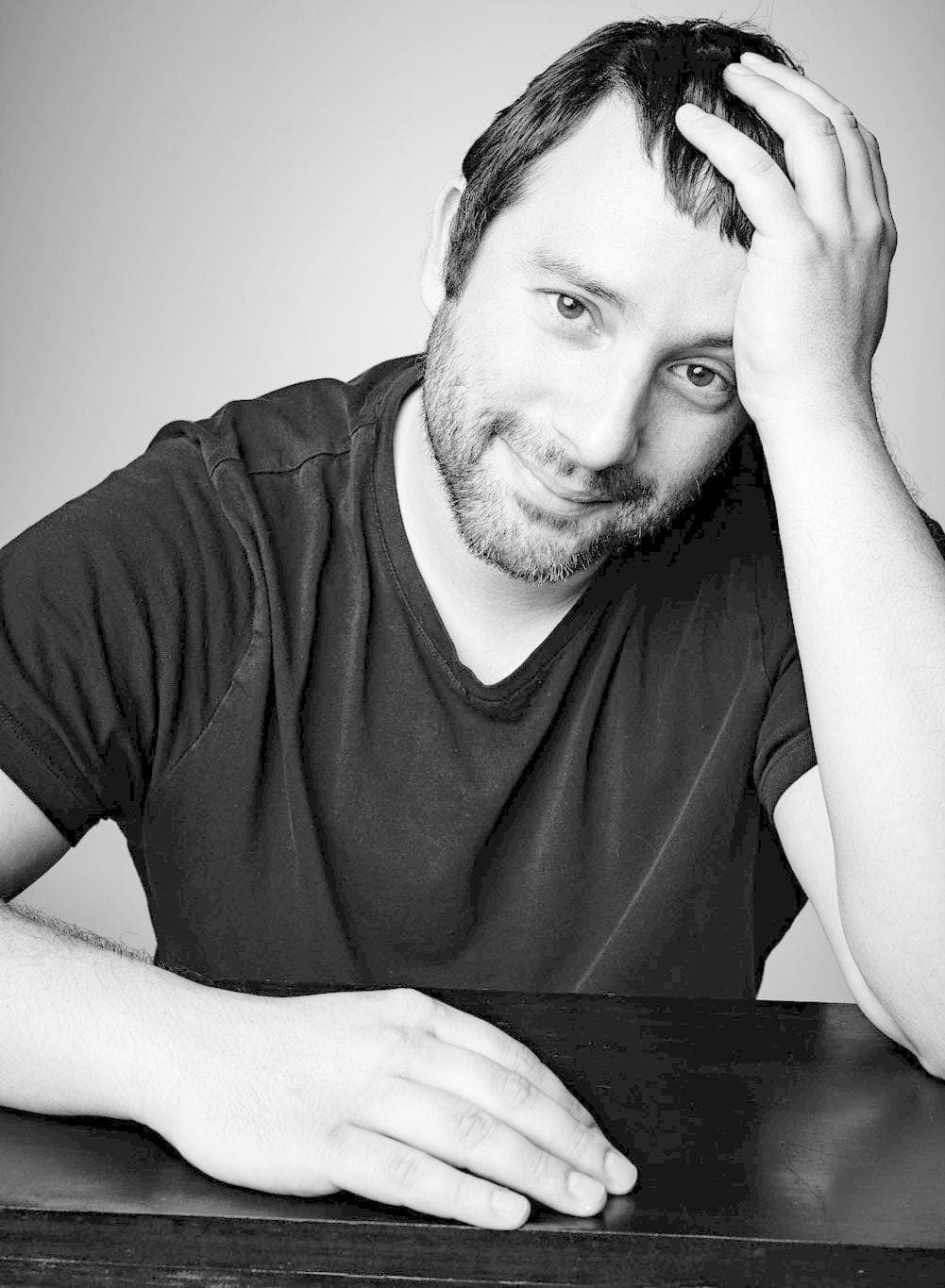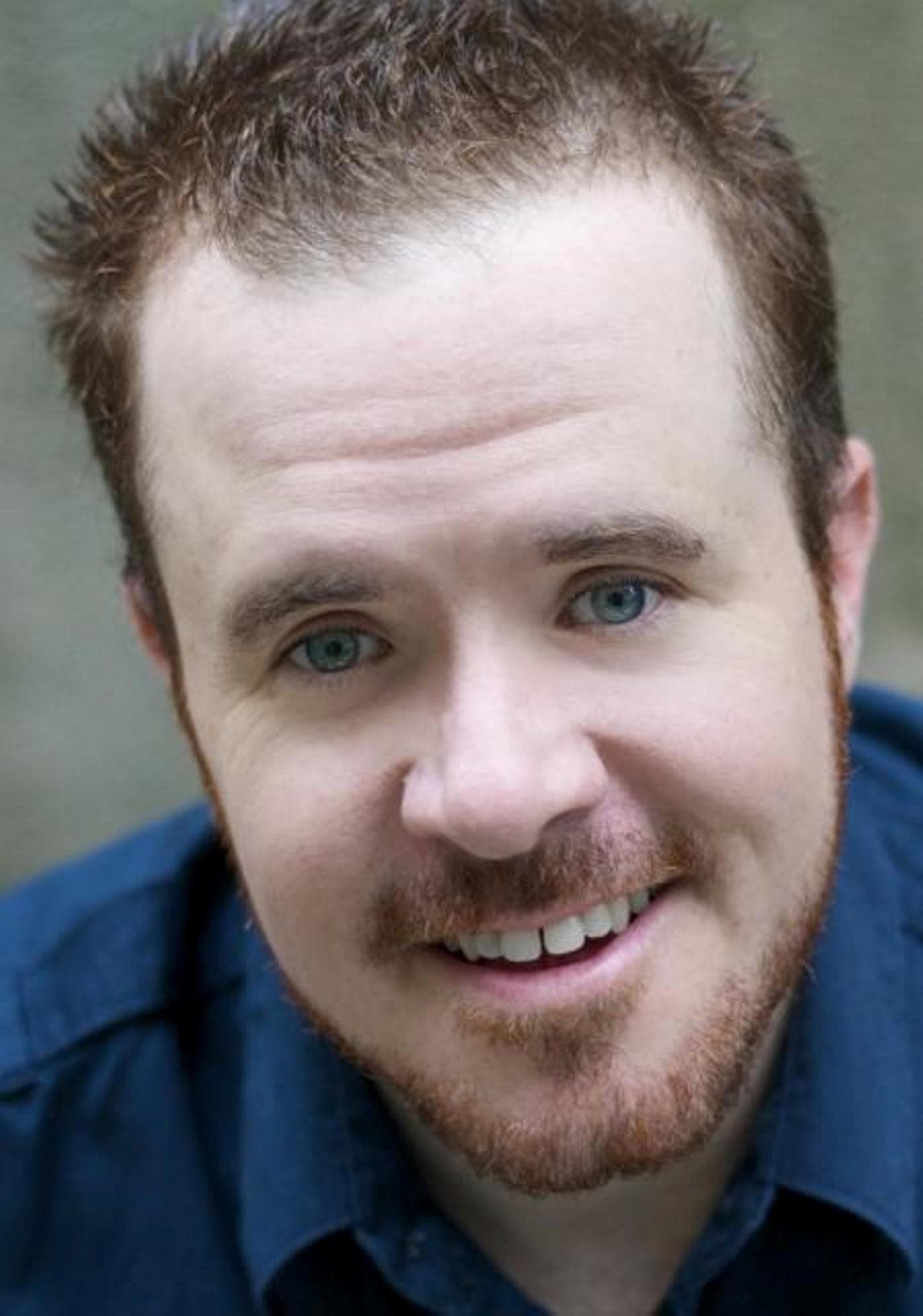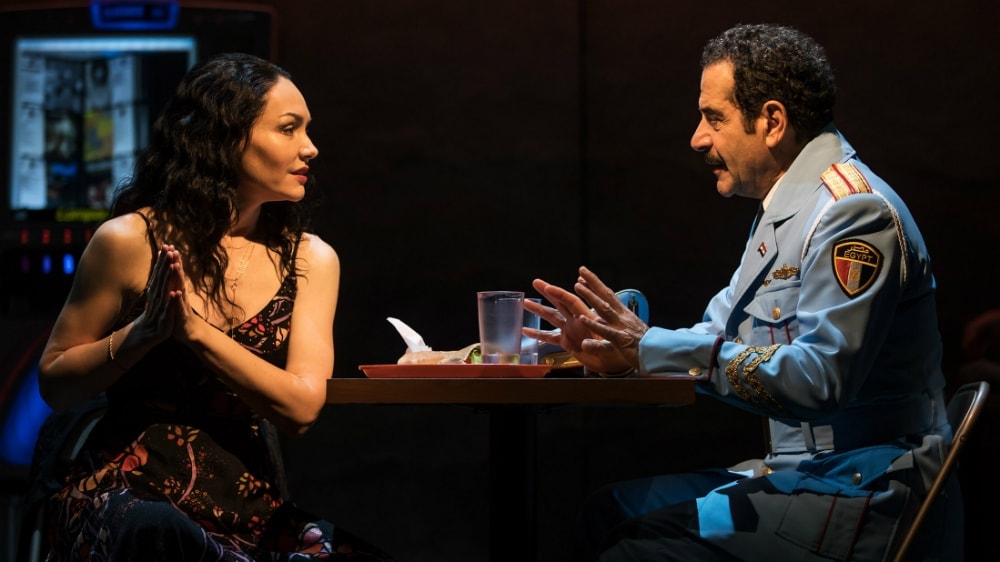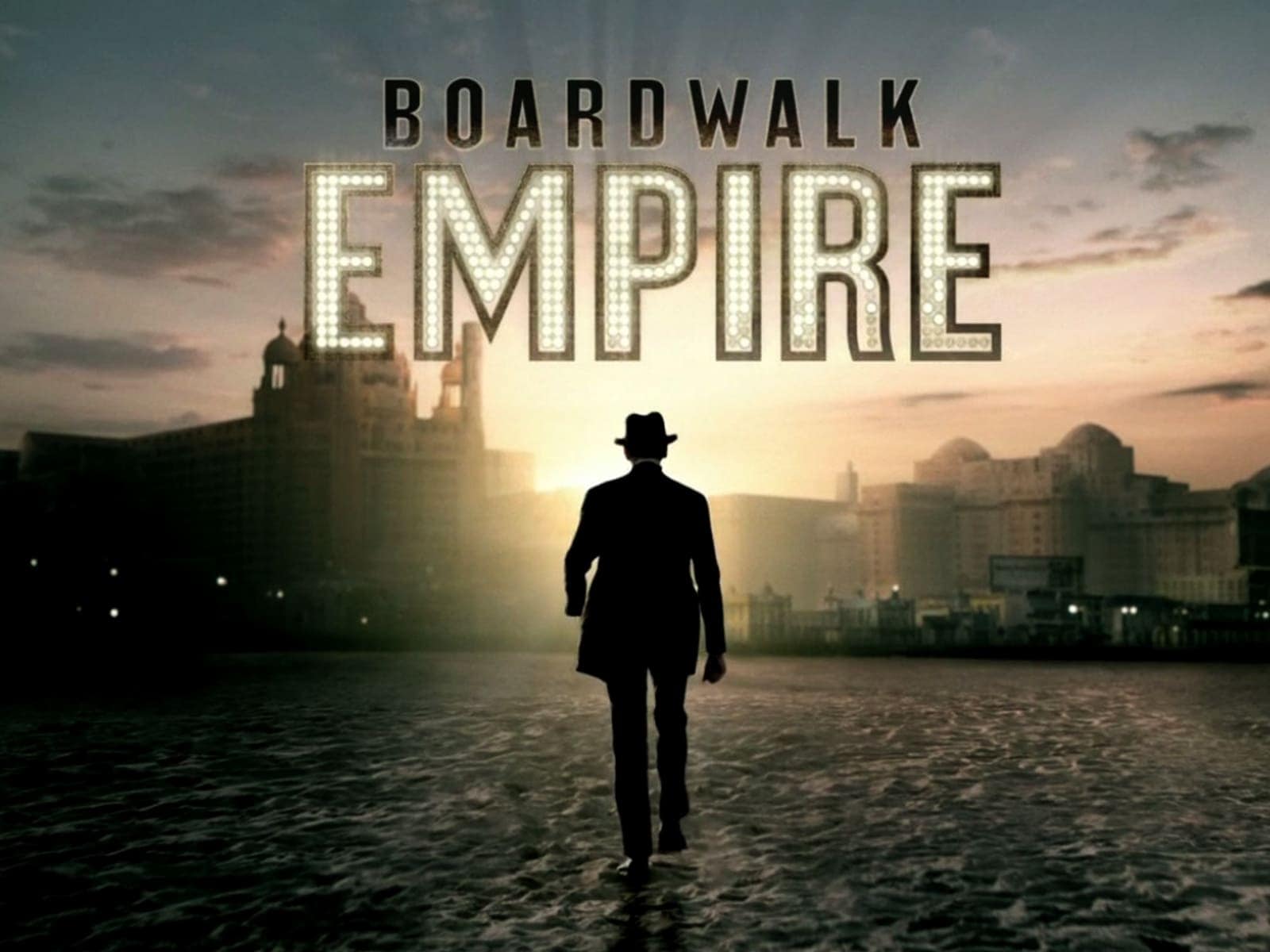An acclaimed writer for both the big stage and the small screen, Itamar Moses is the reigning 2018 Tony-Award winner for the Best Book of a Musical for the hit Broadway production of The Band’s Visit – for which he and David Yazbek (music and lyrics) also took home top honors in Musical Theatre from the Obie Awards (for its Off-Broadway debut at the Atlantic Theater Company in 2016-17). Born in Berkeley, CA, and a resident of Brooklyn, NY, Moses holds an MFA in Dramatic Writing from NYU, has taught playwriting at both his alma mater and at Yale University, and is a member of the Dramatists Guild and a Usual Suspect at New York Theatre Workshop. His plays (which include The Four of Us, Bach at Leipzig, and Completeness) have appeared Off-Broadway, regionally, and internationally, and his writing for the popular TV series Men of a Certain Age (TNT), Boardwalk Empire (HBO), and Outsiders (WGN) is well known to viewers throughout the country.

Next up for Moses is the Philadelphia production of his revised version of Completeness at Theatre Exile, with opening night scheduled for December 5. Before the beginning of previews this week, Itamar was gracious enough to answer my questions about the show, his celebrated career, and his upcoming works.
I saw the original version of Completeness and loved it. What made you decide to do some rewrites?
Itamar: There’s an adage about plays, sometimes attributed I think to Arthur Miller but I’m not sure who really said it: “Plays are never finished. They’re abandoned.” Whoever said it, I think it’s true in the sense that, in my experience, it’s not possible to watch a play you wrote being performed in front of an audience without tinkering with it in your head, thinking of things you’d do differently if you were writing it now, or things you wish you’d tried when you first wrote it. But that’s not really the answer to your question because despite this inevitable feeling I’ve been able to let most of my plays go once they begin their public lives, to say: “Well, that’s a reflection of who I was and what I was thinking about at the time, and now I’ll move on to writing the next play.” But my experience with Completeness was slightly different. For the most part I felt the play was doing what I wanted it to do. It’s a nine-scene play and I felt I’d gotten where I wanted to get with the first six scenes and also with the final scene . . . but every time I watched it – in New York, and then in susbsequent productions in Chicago and Los Angeles – I’d have this feeling there was something I hadn’t solved about something in the vicinity of scenes seven and eight. I’d tinker with them for each production and remain unsatisfied, and this dissatisfaction was categorically different from the broader sense of, “I might have changed some things if I were writing this now.” It was a very specific feeling that the play wasn’t, as it were, complete. Then I had a very clear light-bulb moment while watching the show in Los Angeles. I thought I saw the answer – the cuts, the restructuring, the new idea – that would accomplish what I wanted . . . and once I’d made those changes I felt like a play shift, inside me, into the other category, of plays that have, for better or worse, achieved the shape they were meant to. So the short answer is simply this: the play wouldn’t leave me alone.

Is it difficult for you to make edits or cuts to your work? Writers often compare it to cutting a limb off your baby!
That depends on where I am in the process. If cutting something replaces it with an absence that’s better, and if I have clarity about that, nothing is more exciting than cutting and editing. If I’m being pushed to change something I think is crucial, I’ll resist. As I do this longer, I’ve gotten better at knowing which voices to listen to, both from inside and outside myself.

Matt Pfeiffer, one of the most respected and accomplished directors in Philadelphia, is helming the production at Theatre Exile, after having also directed the earlier incarnation in LA in 2014. What does he bring to the play that you value the most?
Matt has a combination of intelligence and humor that’s sort of right in the sweet spot for this play; he’s not afraid of the scientific ideas – and there’s no reason to be! But it helps to have a director who isn’t – and he also knows it’s fundamentally a play about flawed, struggling people who hide their vulnerability behind their smarts. He also has an eye for design that situates the play in a helpful theatrical world.

In addition to plays, you’ve also done writing for musicals. When you finished The Band’s Visit, did you know you had a Tony winner?
Hahahahahaha, no! No I absolutely did not know that. I’ve never had a show move to Broadway before and so I had no reason to think The Band’s Visit would be an exception. We got very lucky, with our creative team, with our cast, with critics understanding what we were trying to do and audiences embracing it as well . . . and even then it took our very smart and passionate producers to organize the move and then to shepherd it properly. No, a lot of things have to go right that are completely out of your control even to get to Broadway, let alone to win a Tony. But I’m really grateful things went the way that they did.
Is the artistic process different for plays and musicals? How do you approach each?
Oh it’s completely different. Because I don’t write music, and on two of my musicals also did not write lyrics, I was collaborating with other artists from the very beginning of the writing process in a way that you just don’t on a play. Directors also tend to be involved earlier and more throughout the creative process on a musical, as do producers. It’s a much more collaborative form in the early going than a play. So it’s about figuring out those roles, those relationships, making sure you’re all on the same page about what you’re trying to make, and then knowing when to push for your idea or when to bend. It’s all very delicate. On a play, even once you’re in rehearsal, you’re much more the final arbiter of everything, certainly when it comes to the text, but also staging – you have much more input with the director on your play than you do as the book writer on a musical, where, at best, you’re one important voice among several. Musicals are more of a team sport basically.
You’ve also written acclaimed television series. Are there significant differences in writing for TV versus the theater?
They’re very different in some of the same ways that plays and musicals are different, but more so. As a staff writer on a TV show, your job, ultimately, is to serve the vision of the showrunner. Again, it’s about being a good team player, pitching your ideas in an egoless way, fighting for what you think is the right way to go, but deferring when the head writer makes the call. It’s really rewarding in its own way – not least because you can reach such a large audience – but it doesn’t scratch the same itch as playwriting, where you have the freedom to execute your own vision fully, with no compromises.
What’s your first creative memory – the one that made you think that a career as a writer might be the one for you?
Like a lot of writers, I think, I was a big reader as a kid. My favorites were fantasy novels: Narnia, The Hobbit, Piers Anthony. The Elfquest comics. But an early favorite was The Dark is Rising by Susan Cooper and it was actually while reading that book – I think I was ten – that I first thought about being a writer. It was something about how the book made me feel, the magic of it, the vividness of the fictional world, and wanting to create that feeling for other people, and make that my life.
Are you currently working on a new project, or do you have any ideas floating around in your head for your next play?
I have a new play opening at Denver Center Theatre in February 2019, called The Whistleblower. It’s about a man in his late thirties who has sort of a nervous breakdown and starts questioning everything about his life. It’s my first non-musical in like seven or eight years – since Completeness in fact – and so I’m very exciting to be returning to my first love, the straight play. Beyond that I have other theater projects in nascent stages and, in TV, I did some work for the upcoming fifth and final season of Showtime’s The Affair and I’m also working on TNT’s follow-up to The Alienist, which is an adaptation of Caleb Carr’s sequel, The Angel of Darkness.
Many thanks, Itamar, for taking the time to give our readers personal insights into your writing process. As with all of your work, I’m excited about seeing the new production of Completeness when it opens in Philadelphia!

The Band’s Visit plays an open-ended run at The Ethel Barrymore Theatre – 243 West 47th Street, NYC. For tickets, call (212) 239-6200, or purchase them online.






